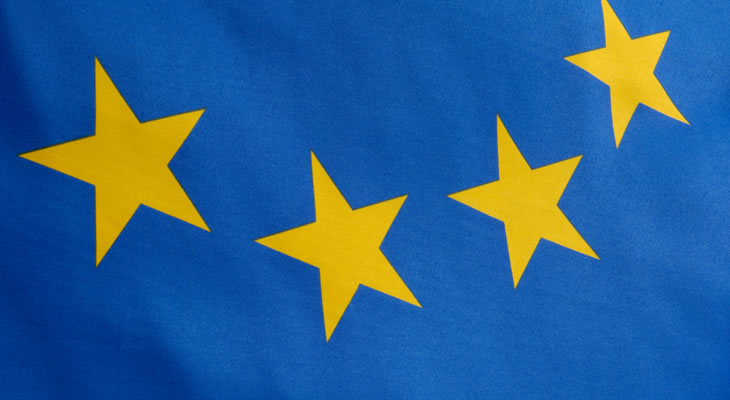The Pound Sterling to Euro (GBP/EUR) exchange rate moved higher on Tuesday as domestic UK data showed that manufacturing production increased more than forecast and as the single currency remains under pressure from worries over the standoff between Greece and the European Union.
The Pound Sterling to Euro (GBP/EUR) exchange rate hit a session high of 1.349
Concerns over Greece were once again dominating the headlines and putting pressure on the single currency.
On Monday evening, Greek Prime Minister Alexis Tsipras vowed to strike a deal that would keep his country inside the Eurozone, the comments came after a number of Greek banks saw their credit ratings slashed by Moody’s.
Investors were not convinced by Tsipras and were spooked by comments made by Greek defence minister Panos Kammenos who said that his nation could turn to other sources for funding if a deal cannot be reached with the Troika. The comments raised concerns that Greece could turn to the USA, Russia or China for the cash.
‘What we want is a deal, but if there is no deal and if we see that Germany remains unbending and wants to blow Europe apart, we have the obligation to go to plan B. Plan B is to get funding from another source,’ said Kammenos.
UK Data Supports Pound Exchange Rate
Retail spending in the UK increased in January as shoppers took advantage of lower oil prices and spent their extra cash in stores.
According to the British Retail Consortium, retail spending increased by 1.6% on an annual basis in January, adding to the 1% rise recorded in December. The report also showed that food sales increased for a second consecutive month.
‘The clothing, toys and household appliances sectors particularly benefited from this spending spree, notching up year-on-year growth against tough comparables from the year before. This promotion led environment risks becoming the new normal and retailers are struggling to persuade consumers to break the habit and go back to the traditional sales cycle,’ said David McCorquodale from KPMG.
Also supporting the Pound Sterling was data, which showed that manufacturing production in the UK increased unexpectedly in December. Industrial production, however, declined slightly.
According to the Office for National Statistics, manufacturing production increased by a seasonally adjusted figure of 0.1% in December. Economists had forecast for a fall of -0.1%.
Industrial production fell by a seasonally adjusted 0.2% in December, compared to expectations for a 0.1% gain, after declining 0.1% in November.

